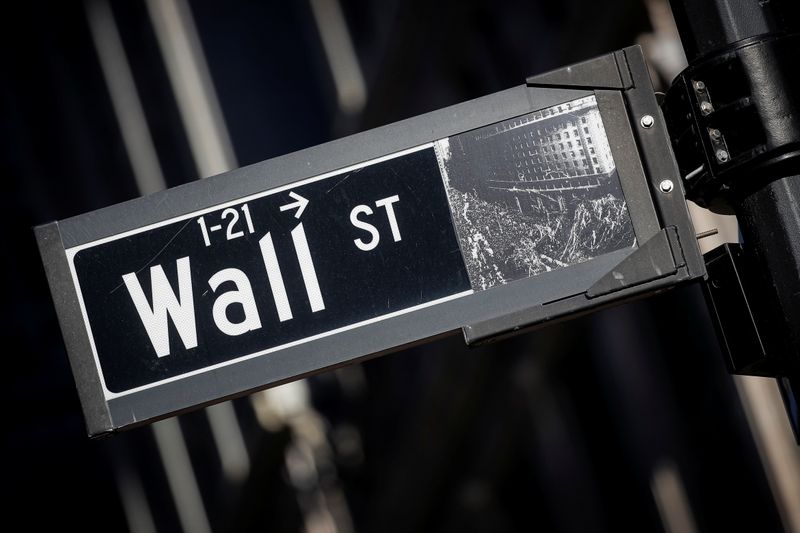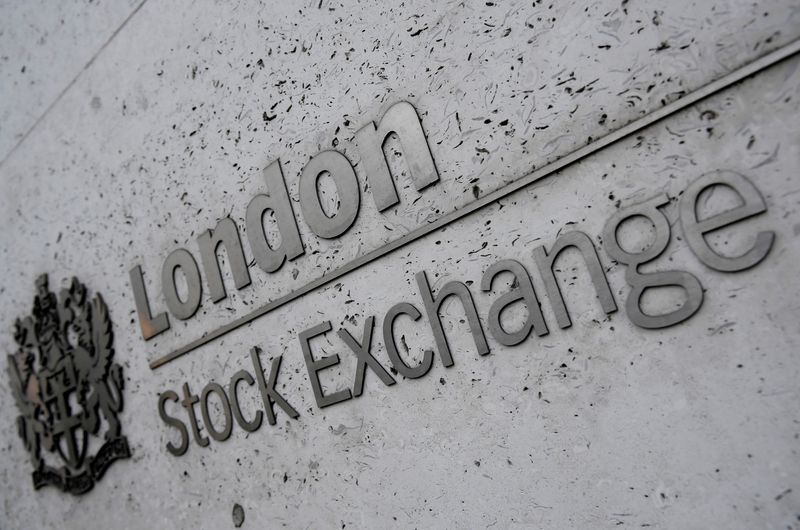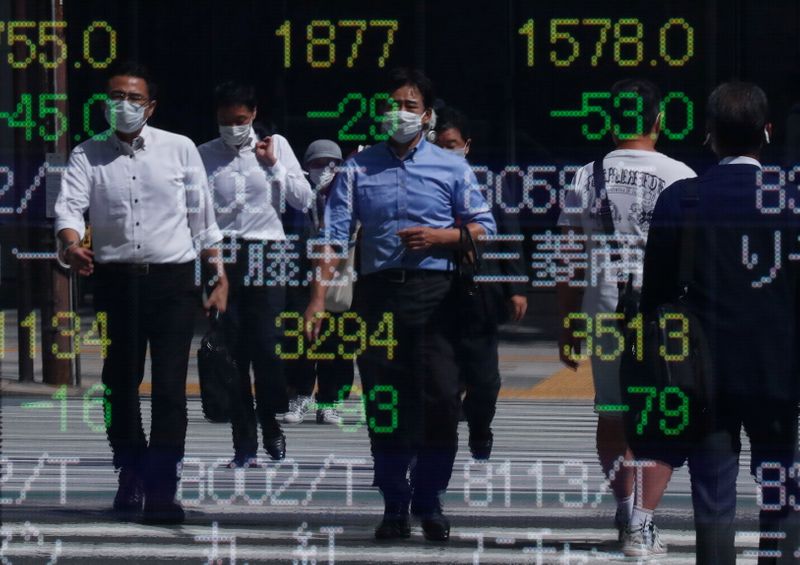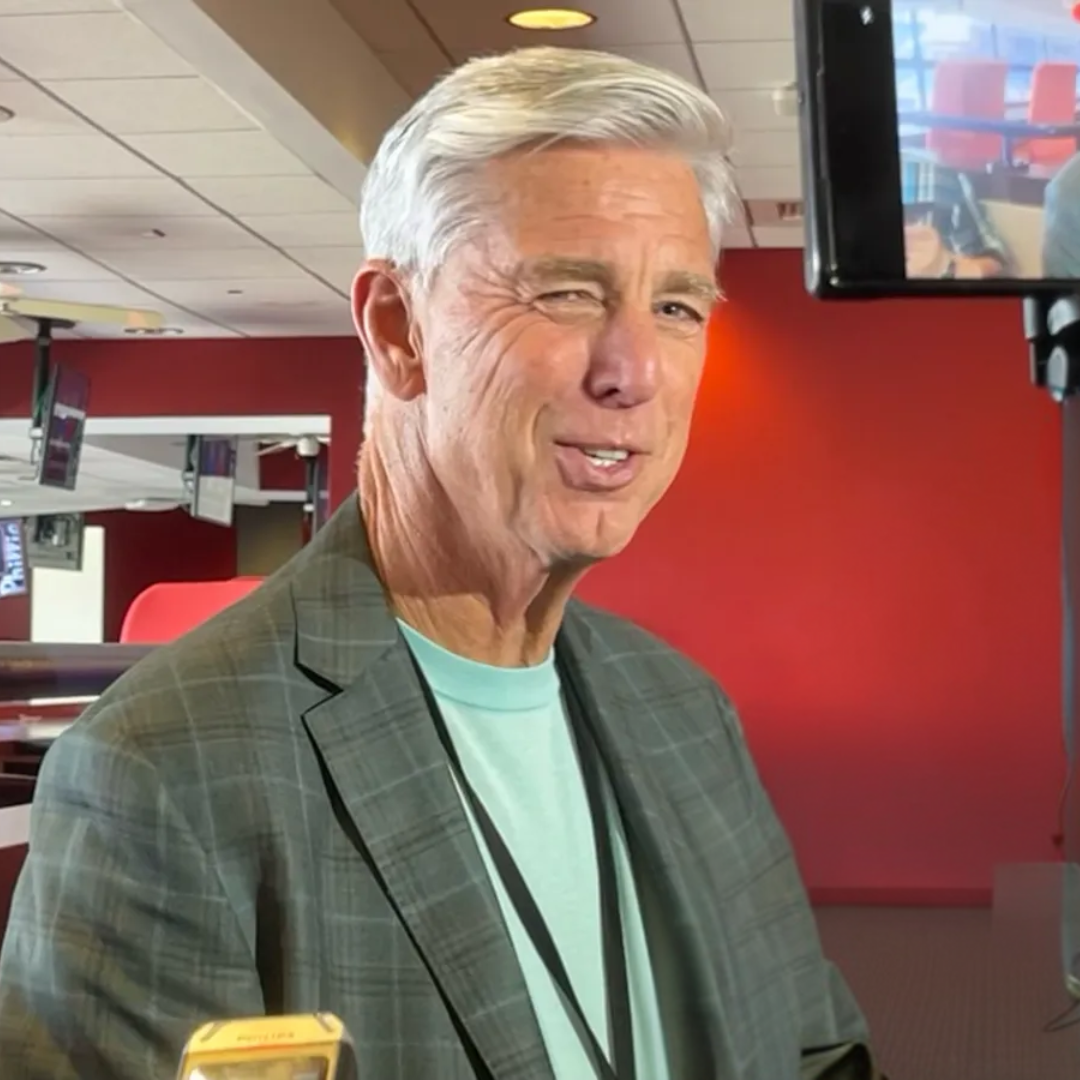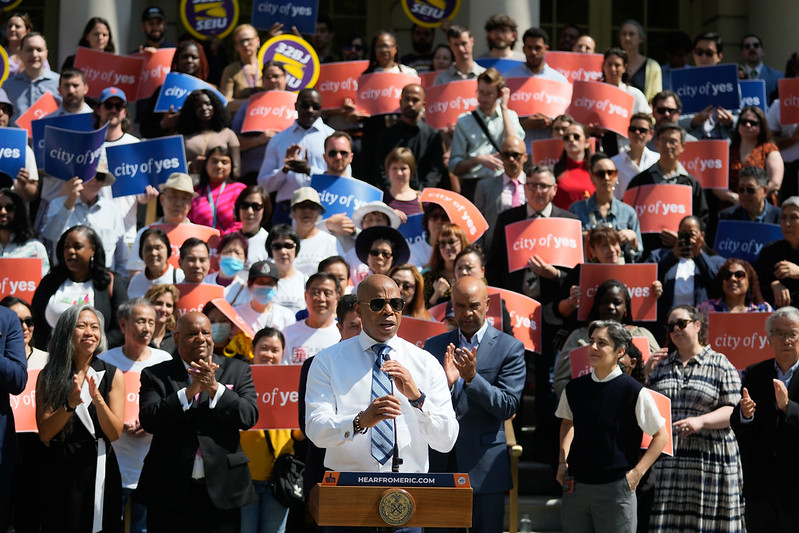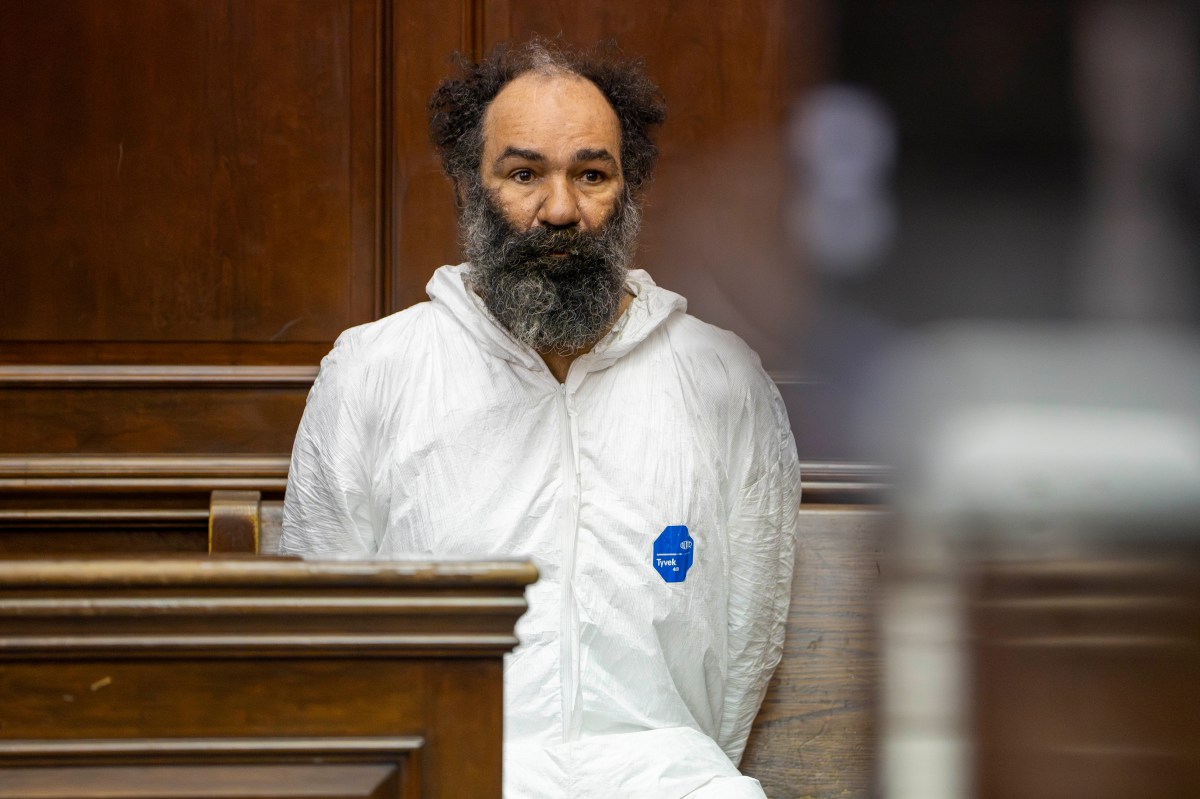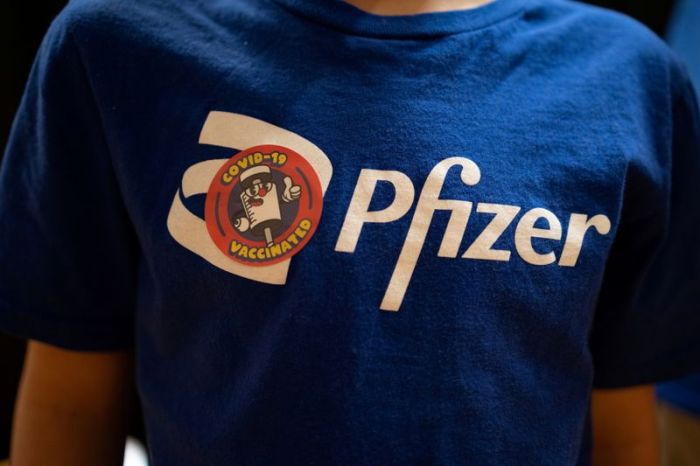WASHINGTON (Reuters) – World stock indexes slid on Tuesday, bringing a multi-day rally of record closing highs to a wrap as profit-taking and worries over ongoing inflation fueled a broad selloff.
The retreat came as a solid rise in producer prices last month deepened concerns over inflation and oil prices have soared to seven-year highs, driving up the U.S. retail gasoline cost to $3.42 a gallon, the highest in seven years. Meanwhile, U.S. Treasury yields edged lower.
After the U.S. Labor Department said producer prices increased solidly in October, investors heavily bought government-backed debt obligations. The data indicated that high inflation, which has become a bigger concern for investors than the COVID-19 crisis, could persist as supplies remain tight.
Wednesday’s CPI report will be scrutinized for clues regarding the extent to which producer prices are being passed along to the consumer, whose spending represents about 70% of the U.S. economy.
Oil prices rose to a two-week high on Tuesday after the United States lifted travel restrictions and other signs of a global post-pandemic recovery boosted the demand outlook, while supply remained tight.
U.S. crude was recently up 3.11% at $84.48 per barrel and Brent was at $85.04, up 1.93% on the day.
The pan-European STOXX 600 index lost 0.19% while MSCI’s gauge of stocks across the globe shed 0.23% after coming within a point of uncharted highs earlier in the session.
Global equities had hovered near all-time highs as investors weighed strong earnings, easing travel curbs and U.S. infrastructure spending against inflation risk that may lead to tighter monetary policy.
“Markets have risen fast and strong, there’s been a vigorous rebound but the catalyst provided by the third-quarter earnings season is coming to an end,” said Emmanuel Cau, head of European equity strategy at Barclays.
Cau noted that market positioning was far from extreme and that many investors remained prudent despite no imminent threat to the rally.
He argued it was “healthy” to see markets pause to digest upbeat corporate earnings and news that major central bankers were in no rush to raise interest rates.
Fears of a sudden tightening of monetary policy sparked a fixed-income selloff in October but government bond yields have since turned lower.
“Central bank pushback against early tightening supports a pro-risk stance,” JP Morgan analysts told clients in a note.
The Dow Jones Industrial Average fell 0.31% and the S&P 500 lost 0.35%. The Nasdaq Composite dropped 0.6%.
The yield on 10-year Treasury Inflation Protected Securities dipped as low as -1.21%, the lowest since early August, and the yield on 30-year TIPS touched a record low of -0.592%
The benchmark 10-year yield was last down 5.8 basis points to 1.439%. The yield on the 30-year bond reached as low as 1.795%, the lowest since July, and was last down 6.9 basis points to 1.819%.
Yields for both the U.S. and the euro zone benchmark are trading close to one-month lows.
“The headline inflation numbers we’re getting monthly, it’s no longer a phenomenon for investment professionals, now it’s hitting the mainstream,” said Kevin Flanagan, head of fixed income strategy for WisdomTree.
Market analysts awaited Wednesday’s U.S. consumer prices data. A stronger-than-expected reading would rekindle talk of the Federal Reserve raising interest rates sooner than expected.
The dollar index fell 0.094%, with the euro up 0.08% to $1.1595.
The Japanese yen strengthened 0.33% versus the greenback at 112.86 per dollar, while Sterling was last trading at $1.356, down 0.01% on the day.
Oil prices rallied as the passage of the U.S. infrastructure bill and China’s export growth supported the outlook for energy demand.
Saudi Arabia’s state-owned producer, Aramco, also raised the official selling price for its crude.
Gold prices climbed to their highest level since early September in tandem with a softer dollar ahead of U.S. inflation data due out later in the week.
Spot gold added 0.4% to $1,831.53 an ounce.
(Reporting by Katanga Johnson in Washington; Editing by Richard Chang and Matthew Lewis)

